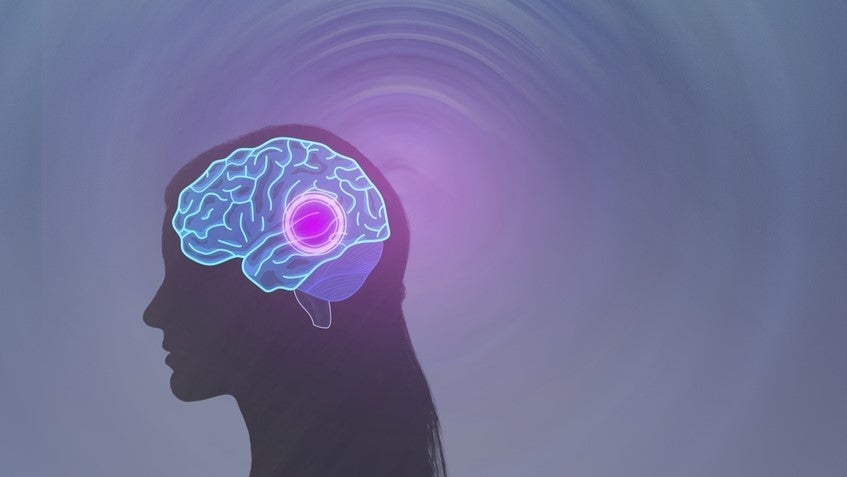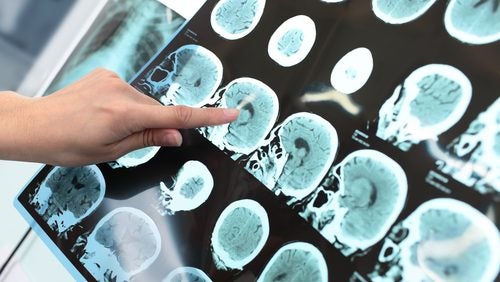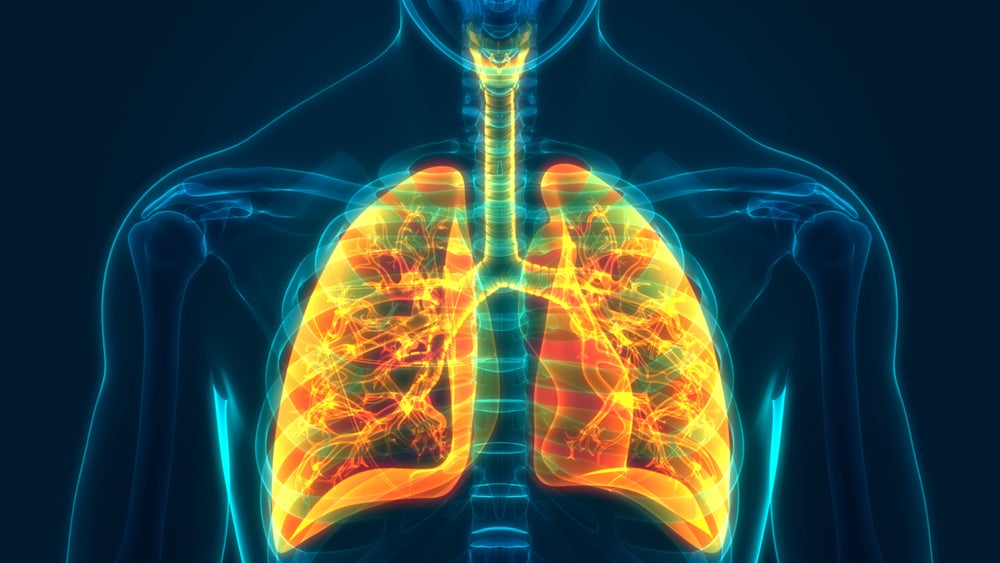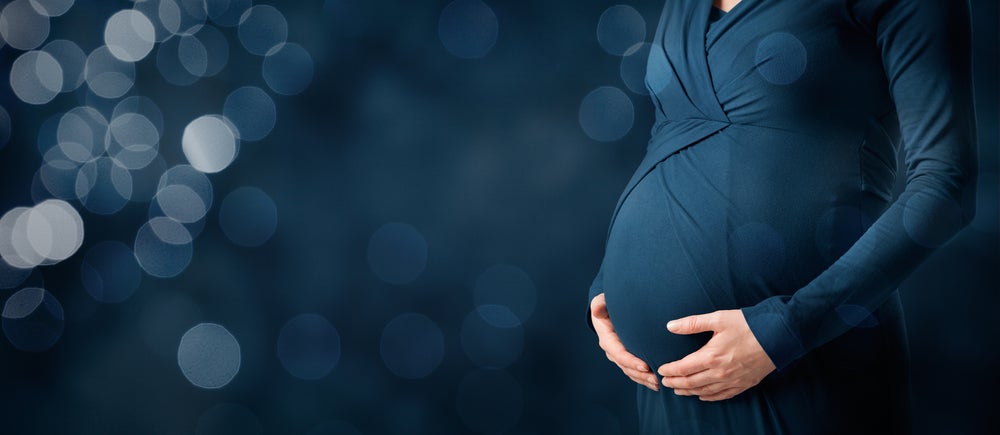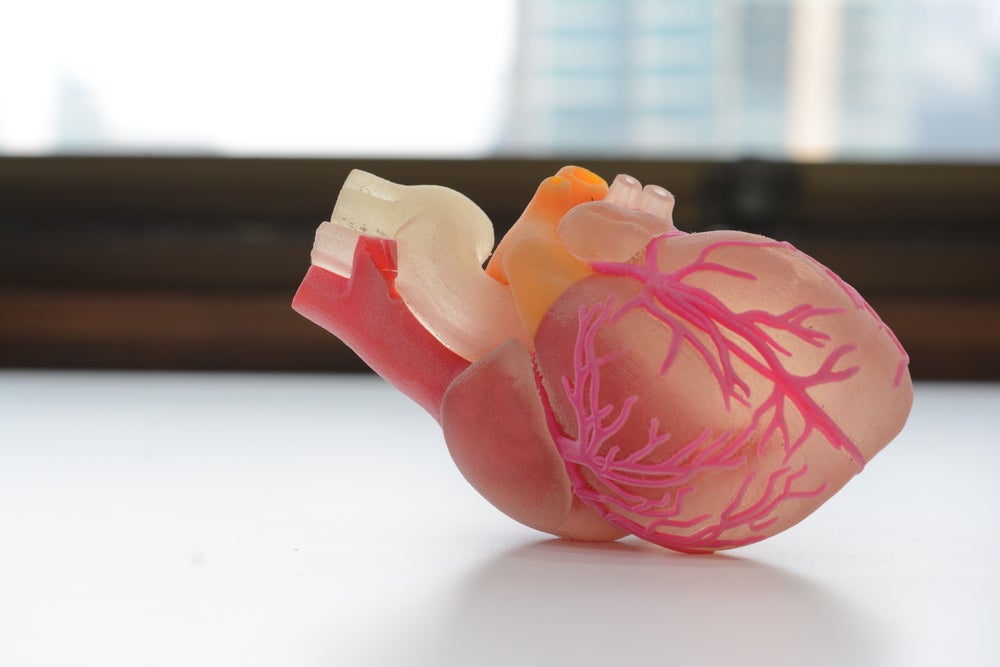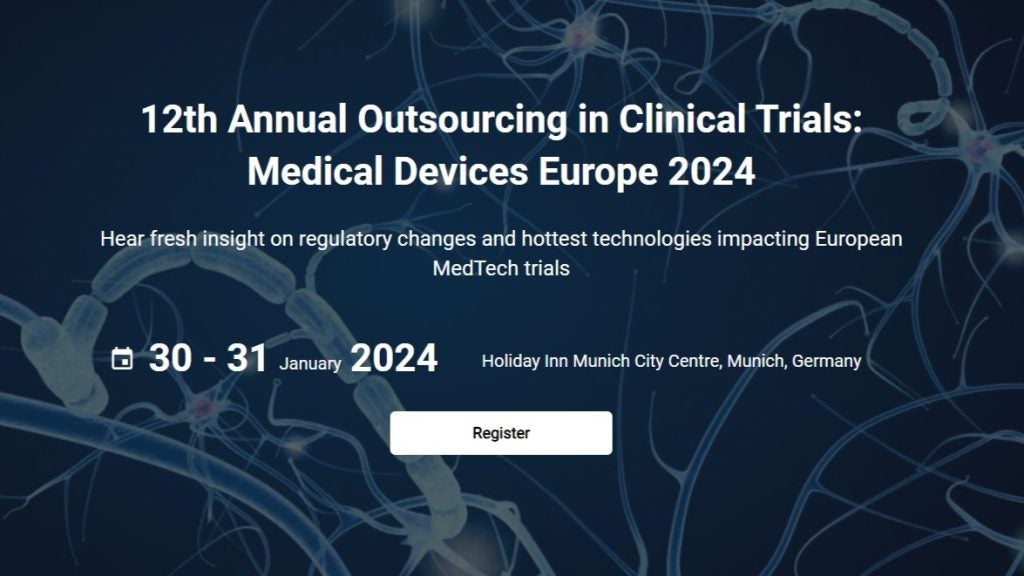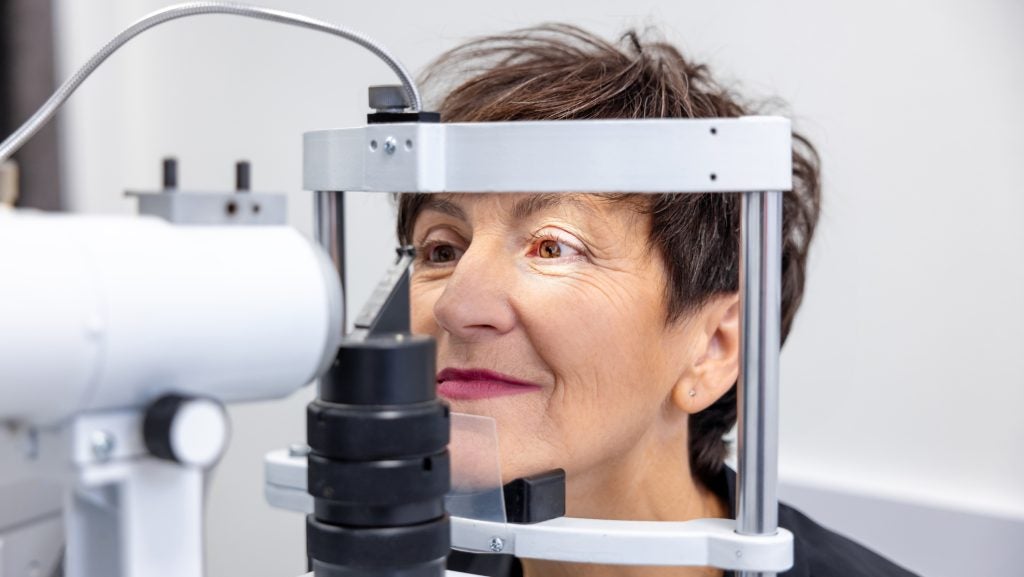US-based Nexalin Technology has unveiled a third-generation HALO Clarity 15 milliamp (mA) neurostimulation device.
The company plans to conduct decentralised clinical trials for the HALO device in the US and has consulted the Food and Drug Administration (FDA) as part of the pre-submission meetings.
Nexalin expects these trials to be completed at lower costs in a quicker timeframe due to at-home administration of the treatment, as per an 11 January press release.
HALO Clarity uses deep intracranial frequency stimulation to target deep mid-brain structures. The device has been designed to treat multiple mental health conditions such as major depressive disorder (MDD), addiction and substance use disorder, Alzheimer’s disease, chronic pain and stress-related neuropsychiatric disorders.
Nexalin has conducted device trials for the previous version of the HALO Clarity device in China. The randomised, double-blind, sham-controlled device trial evaluated the previous version of the HALO Clarity device in 100 drug-native MDD patients. Of the 50 participants in each cohort, 54% in the active treatment group and 18% in the sham group achieved remission at the end of the eight weeks.
In another Nexalin trial, seven migraine patients were administered neurostimulation twice a day five days a week for four consecutive weeks via the forehead and both mastoids. All participants with treatment-resistant depression achieved more than a 50% decrease in the Hamilton Depression Rating Scale (HAM-D) and the Montgomery Asberg Depression Rating Scale (MADRS).
The neuromodulation device market is expected to grow from $9bn in 2023 to over $10.7bn in 2030, as per GlobalData analysis. The deep brain stimulation device market segment is forecasted to grow from $1.2bn in 2023 to $1.9bn in 2030.
Another company developing neurostimulation devices is US-based Nalu Medical. Last week, the company raised $65m in a Series E financing round to further the development and commercialisation of its micro-implantable neurostimulation system for chronic pain treatment.
Neurostimulation devices are also being developed for other medical conditions. Last week, US-based Cardionomic completed the patient enrolment in its two pilot studies, STIM-ADHF and STOP-ADHF, evaluating its cardiac pulmonary nerve stimulation (CPNS) system in patients with acute decompensated heart failure (ADHF). The results from these trials are scheduled for publication early this year.


